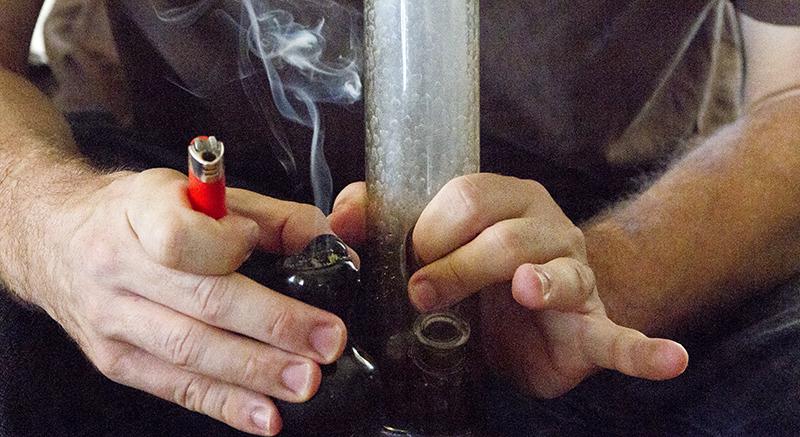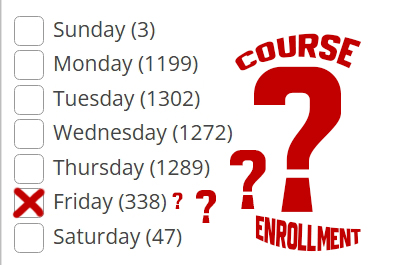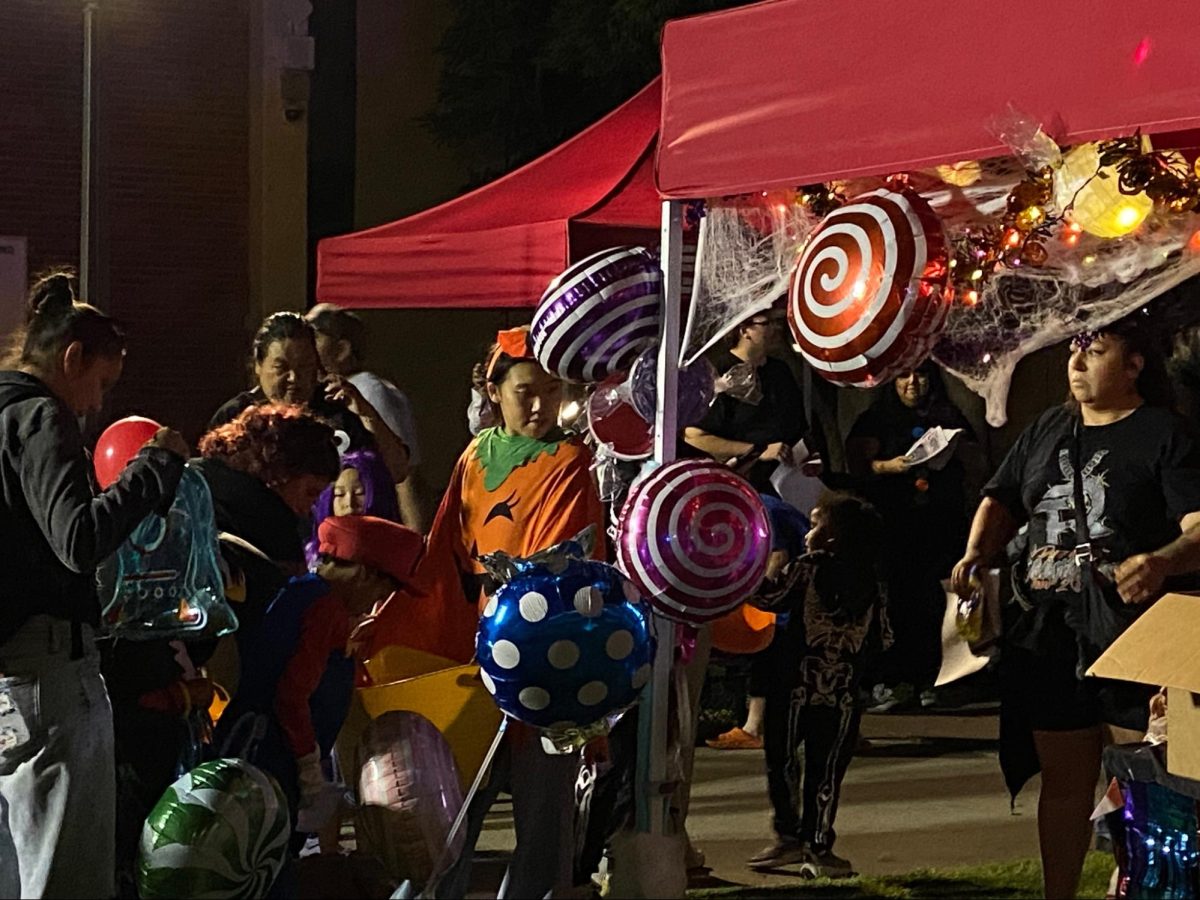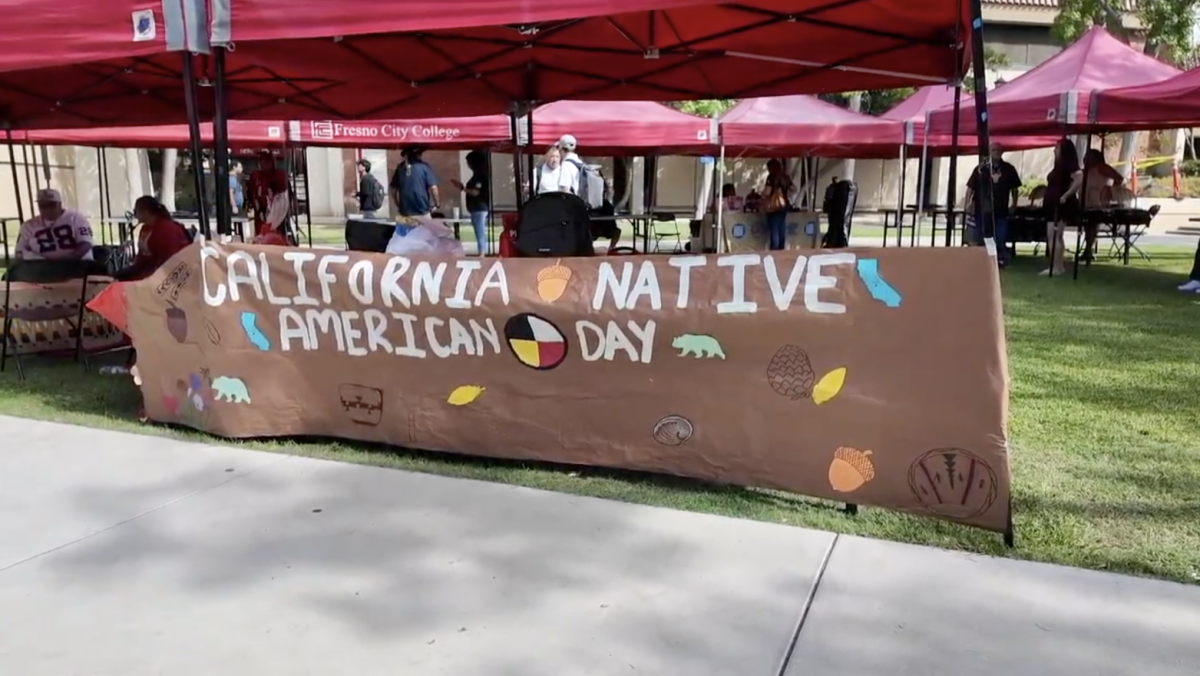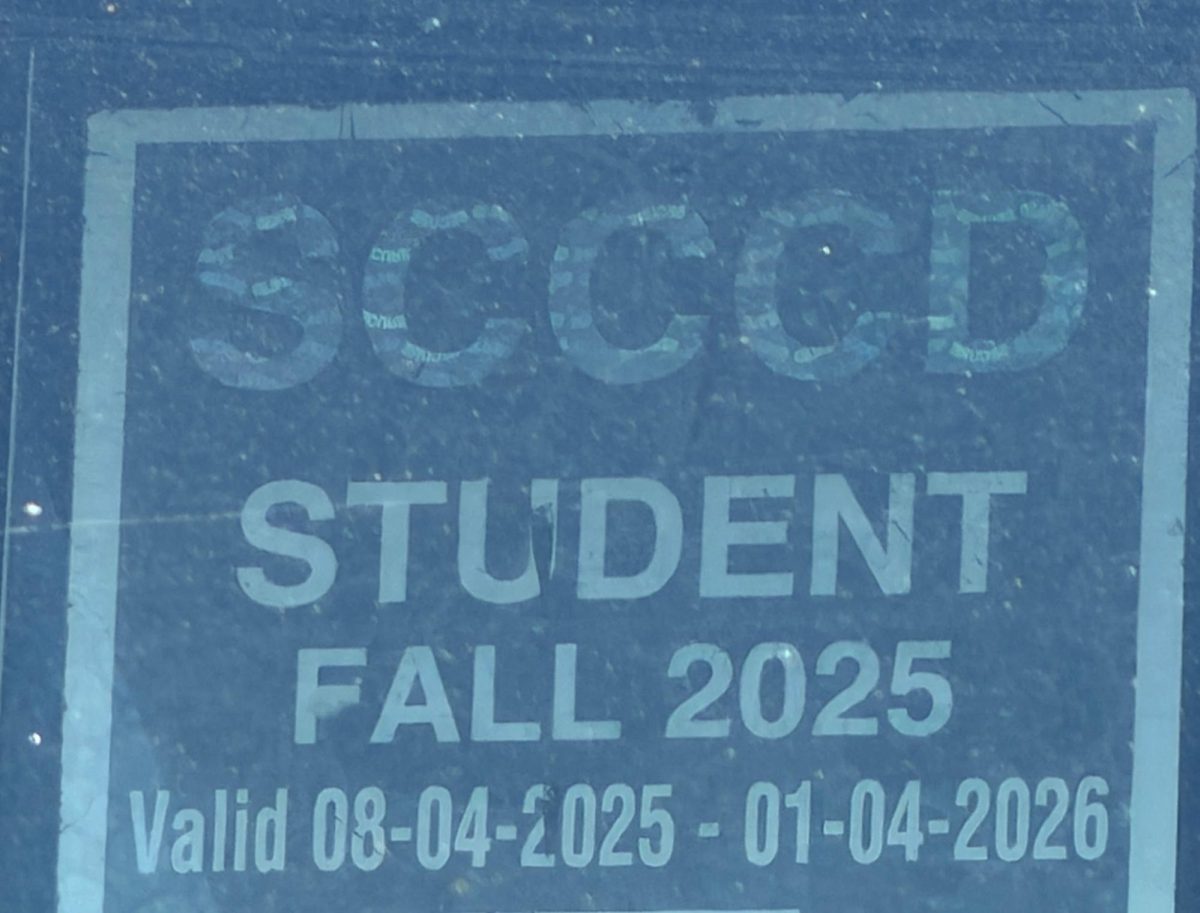Whether the rallying cry is “Legalize it”, or “Get off the dope”, marijuana, or more specifically medicinal cannabis, has become the subject of considerable debate in California.
Research from the National Cancer Institute shows the active chemical in marijuana known as delta-9-tetrahydrocannabinol, or THC, can dramatically dull chronic and neuropathic pain, along with decreased nausea and relaxation of the muscles.
This is why it’s used in the treatment of many cancer patients who suffer from the painful effects of chemotherapy. But what would this effect have on students on campus? And how would it look if students took their medicine at school?
The first thing that would need to be acknowledged is the simple fact that medical marijuana, as a legal drug in California would almost definitely be allowed on college campuses across the state, including Fresno City College.
After all, students can take any other number of medications.
It’s only natural, seeing as many have strict regimens and schedules on when they need to take them. It would be no different than taking Zoloft or Paxil. And since smoking is allowed on most campuses, including this one, it only makes sense that students would smoke their “medicinal herbs” as well.
So medical marijuana can do a lot of good with pain relief and other benefits, and people can take any other medicine on campus. And if students can smoke cancer-inducing cigarettes at FCC with no questions asked, so why not marijuana, something which can prove good for you?
The problem with this is the effects that it will have on the student.
In addition to pain relief, THC has the nasty side effect of numbing down the user’s perception and reflexes, and Fresno City College has strict prohibitions against intoxicants on campus. Someone high on cannabis may have a very difficult time focusing or functioning in class after taking their medication.
There is also the risk of students giving their friends a “drag” of their medicine. This student without a card may not be sick at all, and is simply using his friends cannabis for recreational purposes.
However, in the light of simple logic and analysis, these arguments don’t stand up. After all, numerous other medications have their side effects that could hinder a student’s performance, from the symptoms mentioned in cannabis, to drowsiness and depression or manic behavior.
Students could just as easily give one of their friends a pill to get them high, just the same as it is with marijuana.
So, while it may have its risks, the benefits are far greater, so if it’s medicine, and not for recreational use, it would only make sense to let students take it on the campus like any other medication allowed.

